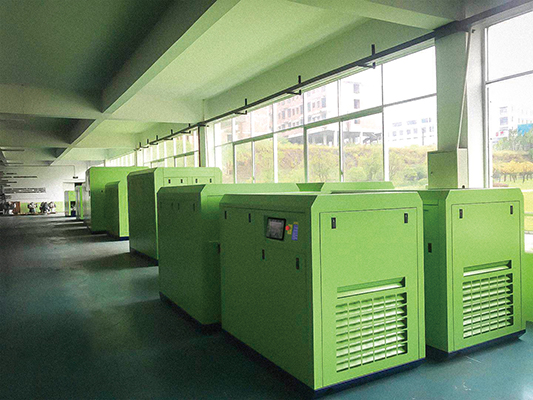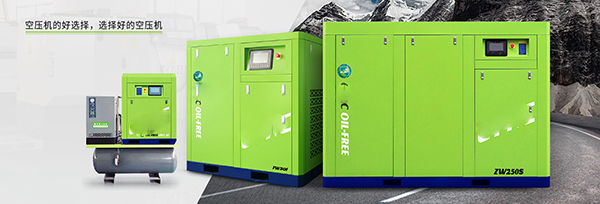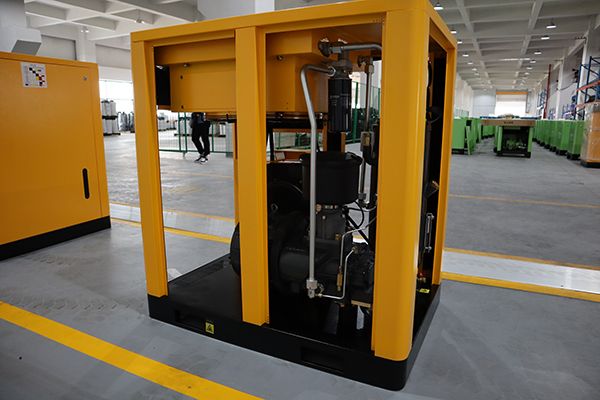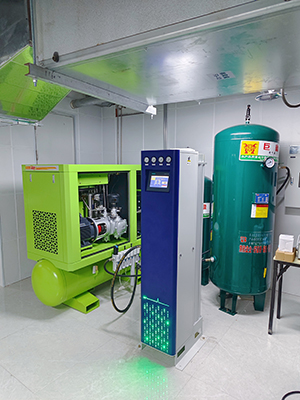Industry air compressor used in battery recycling facilities with durable design
News 2025-10-27
In the realm of sustainable energy practices, battery recycling emerges as a vital process for recovering materials like lithium and cobalt while minimizing environmental harm. Industrial air compressors are essential components in these facilities, supplying compressed air to drive machinery, automate processes, and handle materials efficiently. Their durable design, featuring reinforced components and corrosion-resistant materials, allows them to perform reliably in challenging conditions such as high dust and chemical exposure, ensuring long-term operation and reduced need for replacements.

Application Scenarios
Air compressors play a key role in various stages of battery recycling. They power pneumatic tools for crushing and dismantling battery casings, support dust extraction systems to maintain air quality and worker safety, and facilitate automated sorting equipment that separates valuable metals from waste. In electrolyte removal and material conveying, compressed air provides the precision and force needed, enabling facilities to process batteries more effectively and increase throughput in recycling operations.
Performance Advantages
The durable design of these air compressors delivers clear performance benefits, including extended service life and lower maintenance requirements due to high-quality materials that withstand wear. They incorporate energy-efficient technologies, such as variable speed drives, which reduce power consumption and operational costs. This reliability ensures consistent air pressure for critical tasks, enhancing process accuracy and helping facilities meet production targets while supporting overall efficiency in battery recycling.
Frequently Asked Questions
1. What is the primary function of air compressors in battery recycling?
Answer: They supply compressed air to operate tools and systems for dismantling, sorting, and handling materials, improving efficiency in the recycling process.
2. How does the durable design impact operations?
Answer: It minimizes breakdowns and repairs by withstanding harsh conditions, leading to cost savings and uninterrupted production.
3. Why are air compressors vital for industrial recycling processes?
Answer: They enhance productivity, ensure safety through dust control, and aid in material recovery, contributing to sustainable and effective recycling practices.


